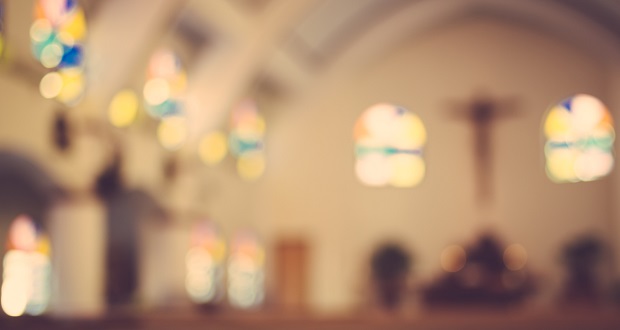
Of course churches value diversity! Why wouldn’t they, right? Why would pastors not want a mix of races and ethnicities to worship with them?
Because when a congregation becomes more diverse, it is likelier to see attendance drop, according to recent research by a group of sociologists in the Journal for the Scientific Study of Religion.
There’s no question that over the past several decades, churches and religious organizations have made strides toward greater inclusion. After many years of segregation, institutions like the Southern Baptist Convention, The Episcopal Church, the United Church of Christ, and plenty of other groups have hired more black leaders and made increasing overtures toward minorities. That’s a good thing, of course. After all, God isn’t supposed to discriminate.
People aren’t supposed to either. And yet, anecdotal evidence suggests that the more homogenous a church, the greater the attendance.
The researchers looked at the changing demographics of more than 10,000 congregations in the Evangelical Lutheran Church in America (ELCA) between 1993 and 2012. When the ELCA initially formed in 1988, its members were vastly white. Five years later, the church called for its leaders to repent the sin of racism and seek out different kinds of congregants. Since then, diversity among worshippers doubled, but attendance plummeted by 22 percent.
It’s worth pointing out, however, that those congregations that had already been diverse were able to maintain attendance. So it’s not that diversity itself apparently causes the number of congregants to drop; it’s the move toward it.
All of which seems to point to the notion that people do not like change. Nothing new there. But it also raises difficult questions for church leaders about how to manage their pews.


















